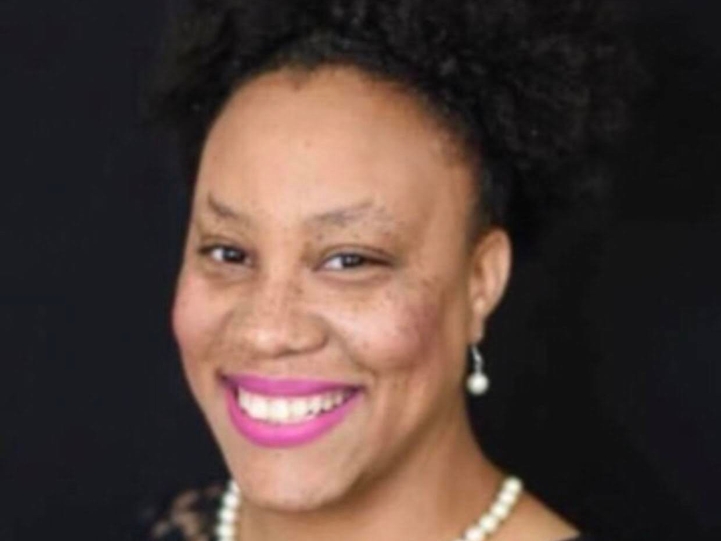
The Power of Peer Education
Health, Safety, and Well-being
October 4, 2023
 The Power of Peer Education
The Power of Peer Education
By: Santee Ezell, MS, PCED, CHES, CHWI, CPM, CNP, CPT
Director, Health Promotion and Wellness, Mississippi State University
My peer education journey started at the University of Southern Mississippi in 2007 and here I am sixteen years later serving in an Advisor role. This has allowed me to advocate the importance of peer education, and the power our students have today on college campuses. Over the last eight years, I have had the opportunity to serve in this capacity to our Passport to Wellness Ambassadors at Mississippi University for Women and now our Healthy Dawgs Peer Educators at Mississippi State University. Before transitioning in the midst of COVID to a peer education group, our student organization was established as a health service volunteer group. Although we were facing various challenges, COVID made it much easier to welcome new ideas and perspectives. Some of those examples included utilizing our Instagram story to engage students, host virtual events to educate students about their health, and integrate Kahoot along with Mentimeter into our weekly meetings. We implemented these ideas based on students feedback from surveys and focus groups in March & April 2020. Some of the questions we decided to address were…..
-
What is the purpose of the peer educators?
-
What are the conditions that are being addressed?
-
How does it relate to the strategic plan within your office or division?
-
What topics will be covered by the peer educators?
-
What resources are needed to have a successful peer education program virtually?
-
How will you evaluate the program?
As Higher Education faces growing health concerns, inclusive recruitment is valuable. Peer education programs should be a representation of your student population. Diverse students allow you to serve all students. Inclusive Recruitment means thinking beyond race and gender but thinking about their geographic location, involvement, ideas, creativity, sexual orientation, beliefs, classification, etc. So, make sure your recruitment strategy allows you to see the WHOLE student and to get started let’s think about the questions below.
-
Who are the health “advocates” on your campus?
-
How does health and well-being look on your campus?
-
What are the needs of your student population?
-
Where are the students' common places to gather?
Through these questions, we wanted to make sure all experiences and perspectives are valued. Students are able to learn by engaging with each other to make a difference through peer education. Furthermore, this allows trauma-informed education to become a part of your program. Peers have a big impact on the way you feel, the things you know, and what you do. And, in turn, you have a similar impact on your peers. The unique influence college students have on each other is widely acknowledged and cited in the higher education literature (Astin, 1993; Pascarella & Terenzini, 2005; Mayhew, Bowman, Rockenbach, Seifert, Wolniak, 2016). Since then, I have learned to lean in, listen, and and lead with intentionality as an Advisor. I’m sure there are moments we want to do it all, but we don’t have to. Sometimes being an Advisor means listening instead of talking, leaning in instead of calling students out, and most of all leading with a plan and purpose. This has helped me understand that the students who are the movers and shakers on our campus are needed to make an impact. As an Advisor, I always ask the questions below.
-
What are hearing and seeing on campus when it comes to health?
-
When is the best time to host an event?
-
Who can we partner with to make this event a success?
-
Why are we still doing or not doing this in particular?
We utilize Cowbell Connect to research different organizations, support upcoming events, and identify ways we can partner with other student organizations. Also, don’t be afraid to partner outside of Student Affairs, so consider Academic Affairs, community partners, and other universities or colleges if they are in the area. As programming expands on your campus, partners will begin to reach out about partnerships.One of our newest partners is the J.L. King Center that provides after-school programming for elementary and middle school students. Through this partnership, we host Be Well Wednesday events to discuss various health topics, work in the community garden, and provide activities to promote health and well-being. So, make a list of community partners that may be beneficial; consider using the Community Toolbox Box from the Center for Community Health and Development at the University of Kansas.
Remember the goals of peer education are to reinforce, inspire or change behaviors and this is done through workshops, advocacy projects, discussion, interactive activities, role-playing, and more. It is important to allow your students to lead the way as you advise, guide, and support. As an Advisor, I am determined to leave a place better than I found it and hope you will do the same.